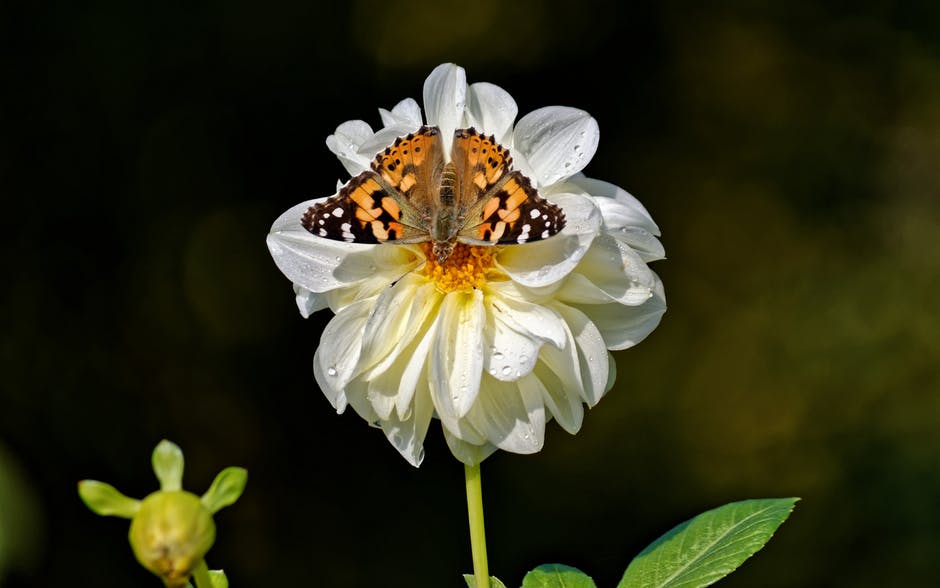
Organic gardening is becoming more popular across the U.S. More and more people are growing foods without the use of pesticides or fertilizers. However, eco-friendly gardening can be just as valuable. Creating a garden that works with nature instead of against it can benefit both the land and the people that live on it. Below are several tips to help you get started with your eco-friendly garden.
Go Native
Native plants are already adapted to your climate. Planting species that naturally occur in your region means less garden maintenance for you. Your plants will thrive with very little stress, and they’ll support the health of your property as well. Non-natives, despite their beauty, can take over an area and wipe out native species with little effort.
Pollinators And Birds
Natural pollinators such as bees, butterflies, beetles, flies and wasps are important for the health of your garden. Pollinators also bring us roughly one third of the food we eat. Planting a garden with diverse sources of nectar that bloom early in the growing season and last until the end will attract beneficial insects.
Birds are also an essential part of an eco-friendly garden. Native plants that attract insects will also attract birds. In turn, the birds will feed on the not-so-helpful insects in your garden. Bird feeders, bird baths and nesting boxes are welcome additions to your property.
Use Water Wisely
Using sprinkler systems, unless they are timed appropriately, is wasteful and can be harmful to some plants. Instead, use a hose and water at ground level or install a drip irrigation system that deploys the water directly into the soil. Rainwater can be harvested from well-maintained gutters, with the use of rain barrels to collect water for irrigating your garden. Some states have different laws about harvesting rainwater, however, so be sure to check the laws in your area.
Rain gardens – shallow depressions with permeable soil – are a more natural way to maintain a beautiful garden without all the extra effort. These areas are natural sinks for runoff, and even help remove toxins from the water. They provide food and shelter for wildlife as well.
Companion Plants
Companion planting occurs when specific plants are paired up and planted together. Under the right circumstances, this pairing can improve plant health and yield. Companion plants work together to ward off pests and produce hardy gardens.
Planting eco-friendly isn’t as hard as it might sound. Once the initial work is done, these spaces tend to maintain themselves. From that point on, you’ll reap the benefits of a beautiful and healthy garden.




